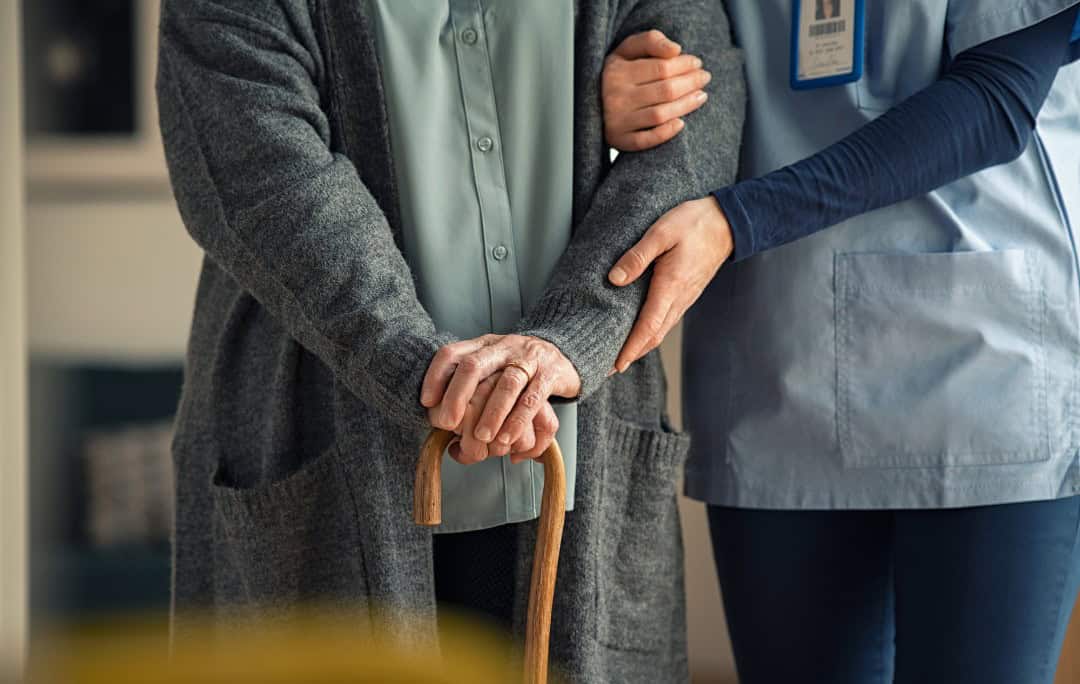1st May 2025
The first Thursday of the year marks World Password Day. This awareness day created to raise awareness of the importance of keeping secure passwords. Strong passwords ensure you can keep your personal information safe and protected. We want to help you all stay as protected as possible, whether you are our staff, service users or family.
What words should you use?
You should be using less common words that are difficult to guess and choose more random words in your passwords. For example, don’t use the word ‘password’ or your first name in your passwords.
It is also recommended that you use three randomised words instead of just one. By using three which again makes it even more difficult to guess. However, while you want these words to be more unique, you want them to be easy for you to remember, so don’t choose anything too random.
Use special characters and numbers
While the use of special characters and numbers makes your password harder to guess, when used with short common words, it can still be easily cracked. The use of special characters and numbers, combined with multiple longer, randomised words can make your passwords even more secure.
Don’t repeat passwords
When creating passwords for different accounts, such as your online banking, emails and social media accounts, don’t use the same password twice. If one account gets broken into, they will be able to access the rest of your accounts and personal information.
While this may make things more complicated and harder to remember, you can store your passwords in a password manager app in your phone or through your browser which can securely store your passwords.
Use a second layer of security
You can apply the two-factor authentication feature to your accounts. This means that, even with your password, people cannot get into your account without authentication from your phone number, email, security codes or authenticator app.
If you feel like any of your passwords are not secure enough, we recommend you apply these steps and change your passwords to make your accounts more secure.
For more information on how to create secure passwords: https://saferinternet.org.uk/blog/password-security-understanding-the-basics








